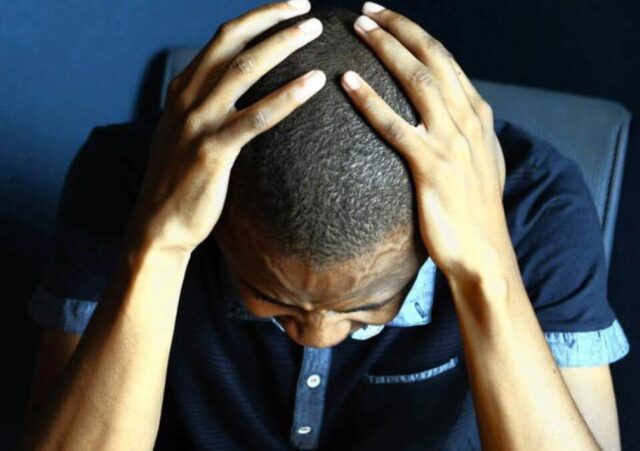The country ranks 69 out of 71 countries and has the greatest percentage of distressed or struggling respondents.
Sapien Labs’ fourth annual Mental State of the World Report reveals that South Africa has some of the worst mental well-being outcomes of any of the 71 countries surveyed.
SAPIEN Labs’ fourth annual Mental State of the World Report reveals that South Africa has some of the worst mental well-being outcomes of any of the 71 countries surveyed.
It is revealed that with a mental health quotient of 50, the country ranks 69 out of 71 countries and has the greatest percentage of distressed or struggling respondents (35%).
The report’s findings show that there has been no improvement in mental well-being after the pandemic, with levels remaining below pre-pandemic levels.
Those over 65 saw stable mental wellness during the Covid-19 epidemic, whereas younger generations, especially those under 35, had the sharpest declines.
Many Latin American and African countries lead the rankings, while much of the core Anglosphere is in the lowest quartile.
Some of the probable consequences include the continuation of remote employment, online communication, fewer in-person social interactions, processed foods, and the proliferation of single-use plastics.
It is reported that more than 500,000 respondents across nine regions and 71 countries were surveyed (seven new this year), and 13 languages were included (four new this year).
Findings utilise the Global Mind Project’s mental health quotient.
On the other end, Brazil, South Africa, and the UK all show the greatest proportion of respondents who are distressed or struggling, ranging from 34–35%.
The percentage of respondents who report being distressed or struggling, or average MHQ ratings, have not changed significantly from 2022 to most of the 64 recurring countries.
Of all the countries, just nine had a change in MHQ scores from the previous year of more than ±2.0%, and none had a change of more than ±2.9%.
The proportion of those who were distressed or struggling remained mostly unchanged. With the largest change, only three countries had a change of more than ±1.5%.
Reduced familial ties were the third reason included in the report from the previous year.
“For example, across a sample of 407,959 respondents, we found that 10% of 18- to 24-year-olds did not get along with any of their family and preferred not to see them, compared to only 3% of the oldest generation. At the same time, the risk of mental health challenges in adulthood is four times lower if you have close family relationships.
“We point out again that the mental well-being scores we report reflect human ability to navigate the normal stresses of life and to function in a productive way, and we urge the reader to consider the consequences of a society diminished in this manner.
“The challenge we have ahead of us is to understand the drivers of our collective mental well-being so that we can align our ambitions and goals with the functional capacity and genuine prosperity of human beings,’’ read the report.
The Star








